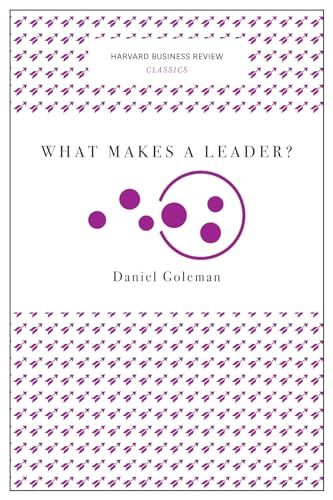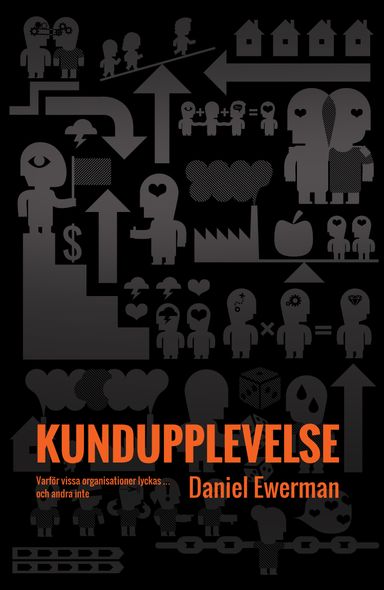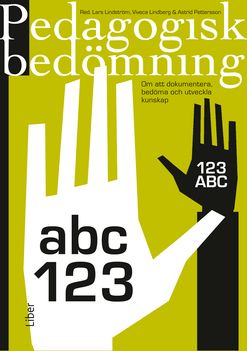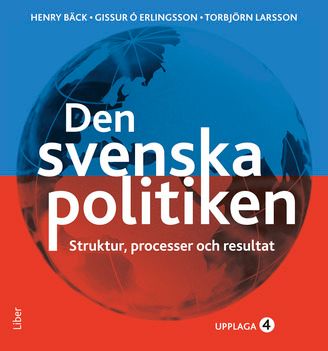

What Makes a Leader? (Harvard Business Review Classics)
- Utgiven: 2017
- ISBN: 9781633692602
- Sidor: 80 st
- Förlag: Harvard Business Review Press
- Format: Häftad
- Språk: Engelska
Om boken
When asked to define the ideal leader, many would emphasize traits such as intelligence, toughness, determination, and vision—the qualities traditionally associated with leadership. Often left off the list are softer, more personal qualities—but they are also essential. Although a certain degree of analytical and technical skill is a minimum requirement for success, studies indicate that emotional intelligence may be the key attribute that distinguishes outstanding performers from those who are merely adequate. Psychologist and author Daniel Goleman first brought the term "emotional intelligence" to a wide audience with his 1995 book of the same name, and Goleman first applied the concept to business with a 1998 classic Harvard Business Review article. In his research at nearly 200 large, global companies, Goleman found that truly effective leaders are distinguished by a high degree of emotional intelligence. Without it, a person can have first-class training, an incisive mind, and an endless supply of good ideas, but he or she still won't be a great leader. The chief components of emotional intelligence—self-awareness, self-regulation, motivation, empathy, and social skill—can sound unbusinesslike, but Goleman found direct ties between emotional intelligence and measurable business results. The Harvard Business Review Classics series offers you the opportunity to make seminal Harvard Business Review articles a part of your permanent management library. Each highly readable volume contains a groundbreaking idea that continues to shape best practices and inspire countless managers around the world—and will have a direct impact on you today and for years to come.
Åtkomstkoder och digitalt tilläggsmaterial garanteras inte med begagnade böcker
Mer om What Makes a Leader? (Harvard Business Review Classics) (2017)
I juni 2017 släpptes boken What Makes a Leader? (Harvard Business Review Classics) skriven av Daniel Goleman. Den är skriven på engelska och består av 80 sidor. Förlaget bakom boken är Harvard Business Review Press.
Köp boken What Makes a Leader? (Harvard Business Review Classics) på Studentapan och spara pengar.
Referera till What Makes a Leader? (Harvard Business Review Classics)
Harvard
Goleman, D. (2017). What Makes a Leader? (Harvard Business Review Classics). Harvard Business Review Press.
Oxford
Goleman, Daniel, What Makes a Leader? (Harvard Business Review Classics) (Harvard Business Review Press, 2017).
APA
Goleman, D. (2017). What Makes a Leader? (Harvard Business Review Classics). Harvard Business Review Press.
Vancouver
Goleman D. What Makes a Leader? (Harvard Business Review Classics). Harvard Business Review Press; 2017.



















